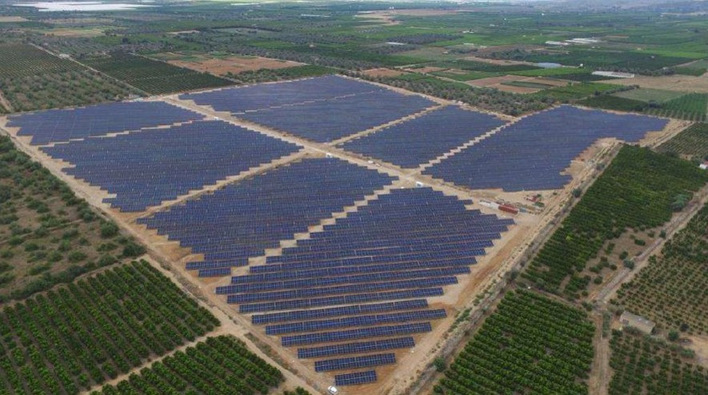“We are quite optimistic about a policy change”, Rainer Sattlberger, CEO of Fronius Spain told pv Europe during a field trip around Barcelona. “Besides the conservative People`s Party all opposition parties are in strong favor for solar and self-consumption”, Sattlberger said. Yesterday the Socialist Party decided to pave the way for minority government of conservative Spanish prime minister Mariano Rajoy, ending a 10-month leadership impasse. Far from a sweeping mandate, Mr. Rajoy will get a vulnerable minority government. He said in a recent speech that he would have to “work day to day, with humility and patience,” to coax legislative backing for his second-term initiatives.
Expected boom for solar self-consumption
“The opposition supports to develop also the commercial and residential PV rooftop market and promote self-consumption”, Sattlberger said. He is expecting a share self-consumption share out of 20-30 percent of the PV market. Already last week Rajoy announced plans to start biddings of 1 GW PV for this year and 3 GW for next year caused by regulations of the EU Energy Directive. Brussel stipulates 20 percent renewables for EU member states by 2020. Spain only reaches 17.4 percent at the moment. The total installed capacity of PV is 4,6 GW currently, last year 45 MW were installed. Sattlberger expects that due to the necessary political trade-offs Rajoy will also move away from his preferences for large solar installations in the starting biddings.
Fronius sold 29,000 inverters in Spain
Fronius has an office in Madrid since 2009 with a staff of currently four employees. he company could increase its certified installer network in Spain and Portugal by 50 percent in 2014 and 60 percent in 2015 to currently 275. Sattlberger could not disclose total sales numbers. Although the stressed that the company already installed 40 commercial microgrid PV installations with a total of 2 MW in Spain this year. Fronius in total installed 29,000 inverters in Spain, Sattlberger said. He sees the high electricity prices and the time of use tariffs in Spain as an important driver for the further PV market development. (HCN)
Related news:







